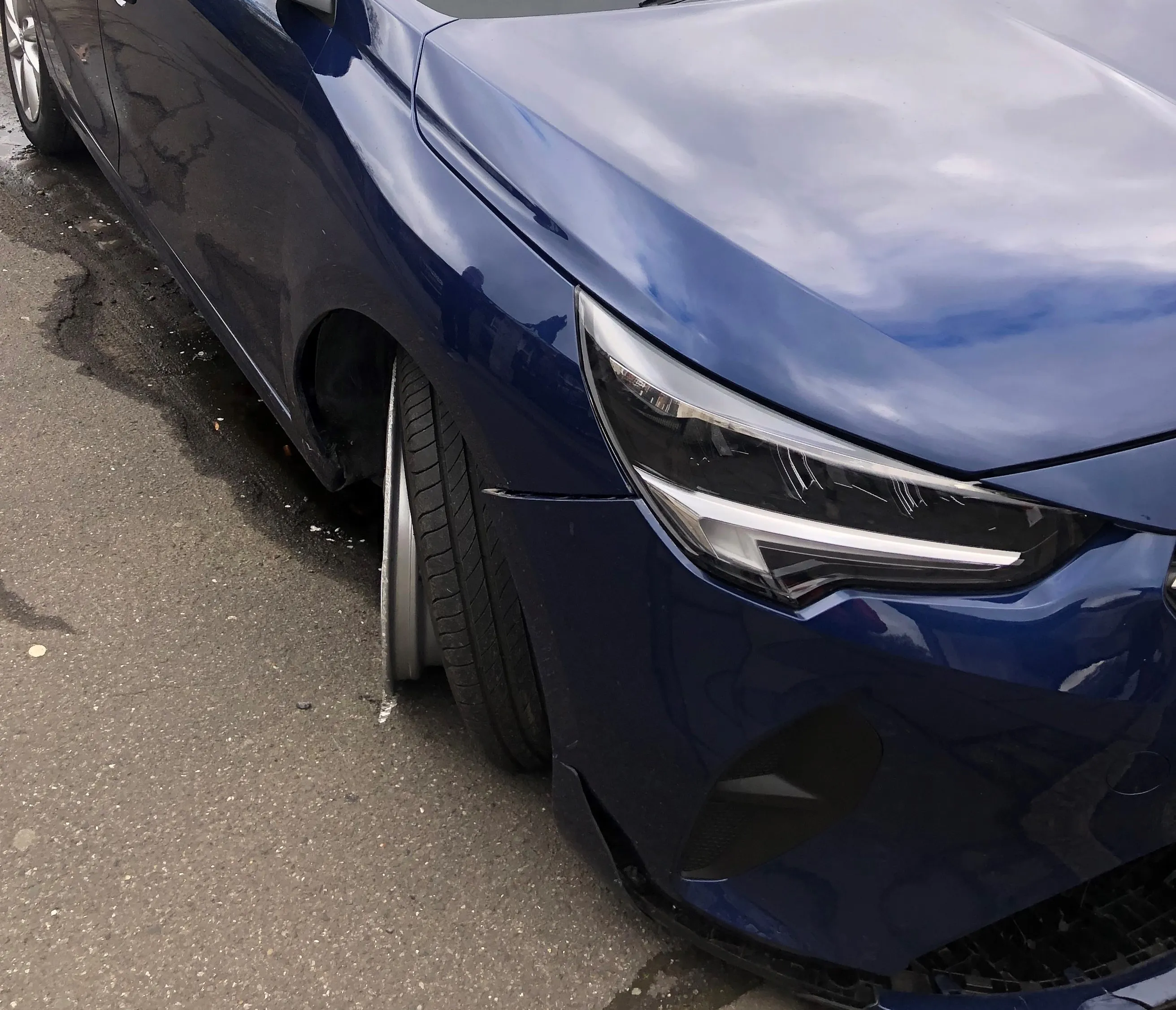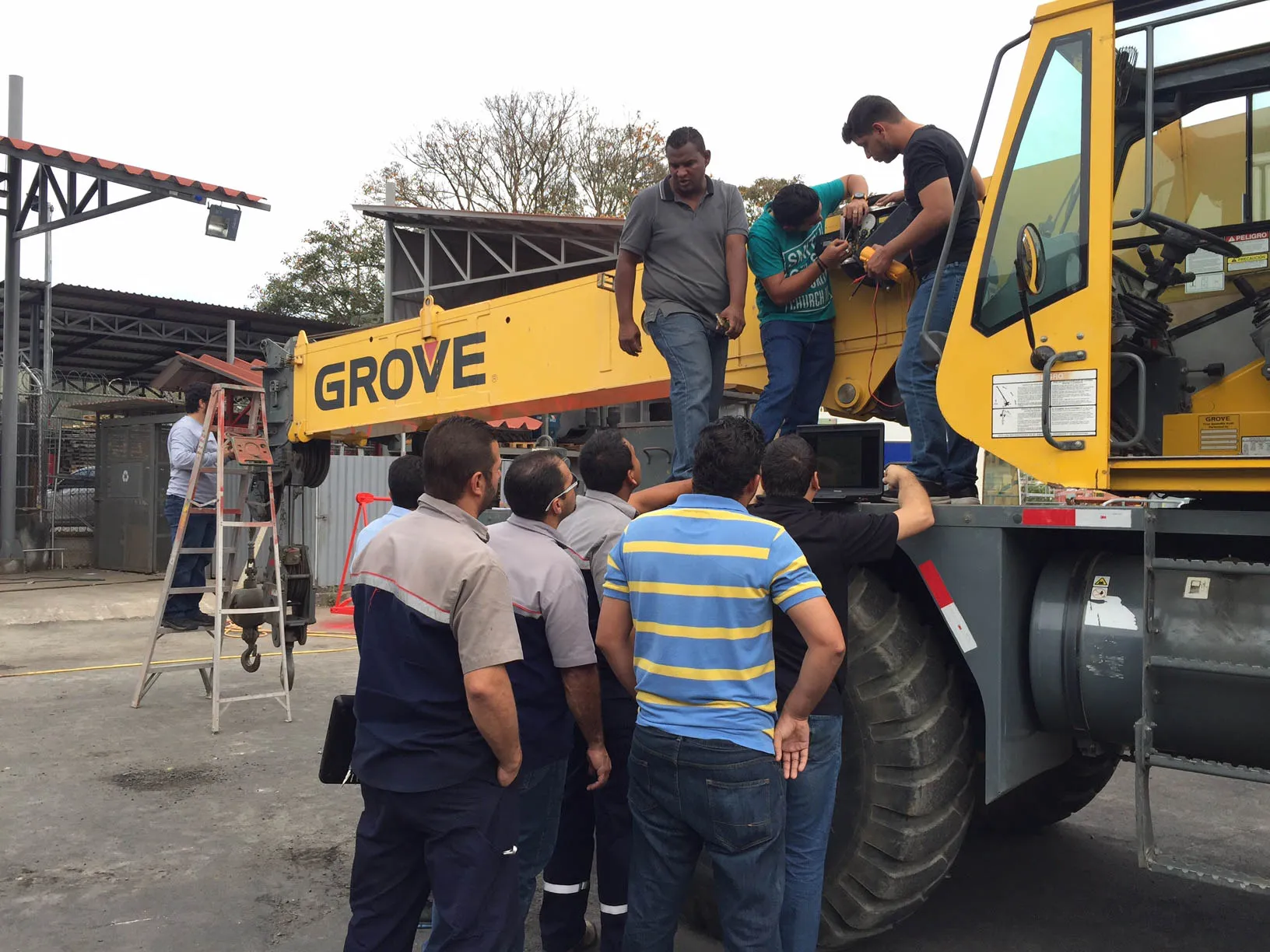A new report suggests key strategies to cut road deaths and injuries in Latin America. The report was commissioned by Bloomberg Philanthropies and shows that more than 25,000 Latin American lives could be saved and over 170,000 serious injuries prevented by 2030 if United Nations (UN) vehicle safety regulations were applied by four key countries in the region—Argentina, Chile, Mexico and Brazil.
The report was prepared by the UK-based Transport Research Laboratory (TRL). The aim of the study was to estimate the potential for deaths and injuries prevented from adoption of the UN’s priority vehicle safety regulations.
Key factors were the introduction of minimum standards for crash protection to vehicle occupants, the installation of electronic stability controls and better protection for vulnerable road users.
It is of note that until recently, old models were still being manufactured in some parts of Latin America. While these vehicles were cheap to manufacture, meaning that firms could also sell them at attractively low prices, they also offered very poor crash protection for occupants.
According to the World Health Organisation’s Global Road Safety Report 2018, Latin America lags far behind the number of international vehicle safety standards seen in Europe. The TRL study notes there were nearly 76 million registered cars with nearly 62,000 reported fatalities in Argentina, Chile, Mexico and Brazil in 2015. In the full 10 years of data from 2005 to 2014 inclusive, the TRL study found that there had been no substantial decrease in the number of fatalities in any of the four countries. In fact, there had been a significant increase in fatalities in Brazil (22%) and Argentina (20%).
In addition to the 25,000 lives that can be saved in those four countries between 2020 and 2030, the study estimates that a further 15,000 lives would have been saved over the next 10 years if earlier regulatory action had ensured that electronic stability control was fitted throughout the whole vehicle fleet by 2020. Furthermore, the report found that the crash avoidance and pedestrian protection measures would become cost-beneficial in each country within one to four years. Finally, the research estimates an economic benefit of US$28.9 billion across the four countries by preventing fatalities and serious injuries.
The report warns, however, that all four countries need to adopt all the key regulations for the best scenario projections in the study to be realized. Consistency is vital for vehicle manufacturers supplying into the region, and a delay could cascade through to all four countries. The report particularly recommends that Brazil immediately implement UN Regulation 95 for impact protection of car occupants in the event of a side impact. Argentina, Chile and Mexico have all announced that they will be adopting this regulation, although Mexico has not given a timeline.
The study’s findings are closely aligned with the policy recommendations adopted by the UN and consistent with Global New Car Assessment Programme’s (NCAP) recommended “Road Map 2020 for Safer Cars.”
Kelly Henning, director of Public Health program at Bloomberg Philanthropies, said: “Deaths and serious injuries from vehicle crashes are preventable, and we know what works. Requiring the UN priority safety features in passenger cars, including measures to protect pedestrians and bicyclists, could save many thousands of lives in the four countries studied and is a sound investment by governments.”
David Ward, Global NCAP secretary general, said: “Given the numbers of lives that can be saved, Argentina, Chile, Mexico and Brazil should immediately apply and enforce vehicle and pedestrian safety regulations beyond what they are already doing. We’ve seen these same regulations save lives in Europe, and the people of Latin America deserve the same benefits.”
Jolyon Carroll, TRL Vehicle Safety Consultant, said: “This is an important piece of work, contributing to an understanding of passenger vehicle safety standards and the effect they have on populations, rewarding generations of road users to come. We are very pleased that Bloomberg Philanthropies asked us to deliver this cost-effectiveness study. This work is core to the societal impact we strive to deliver by making transport safer. This isn't conjecture; we know that these basic measures will save lives. This report demonstrates the scale of benefits which appropriate legislation will achieve.”
Alejandro Furas, Latin NCAP secretary general, said: “Latin American countries have begun to implement more vehicle safety measures, but progress is inconsistent across the region. Brazil is leading the way, with manufacturers responding positively to the demands of Latin NCAP's tests and consumer awareness campaigns, but regulation is also needed to set minimum safety requirements. From this regulatory baseline, Latin NCAP will continue to build consumer awareness throughout the region encouraging a demand for ever higher levels of protection. Safer cars are not important just for passengers but for all vulnerable road users.“
Latin America road safety plan proposed
A new report suggests key strategies to cut road deaths and injuries in Latin America. The report was commissioned by Bloomberg Philanthropies and shows that more than 25,000 Latin American lives could be saved and over 170,000 serious injuries prevented by 2030 if United Nations (UN) vehicle safety regulations were applied by four key countries in the region—Argentina, Chile, Mexico and Brazil.
The report was prepared by the UK-based Transport Research Laboratory (TRL). The aim of the study was to estimat
June 14, 2019
Read time: 4 mins








